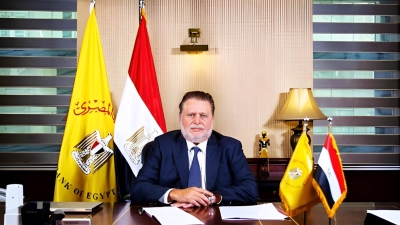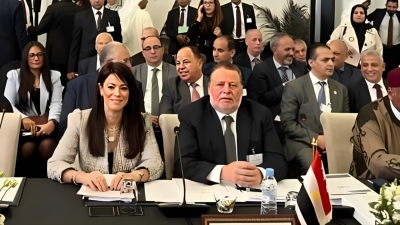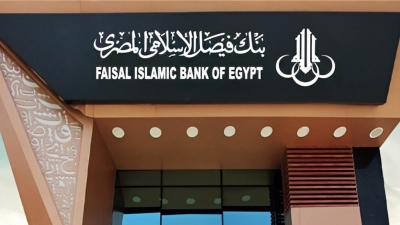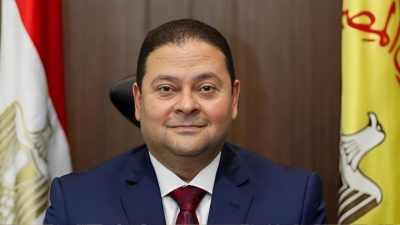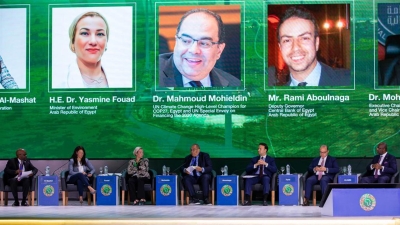CBE's Governor: government's ability to implement their development plans has been limited
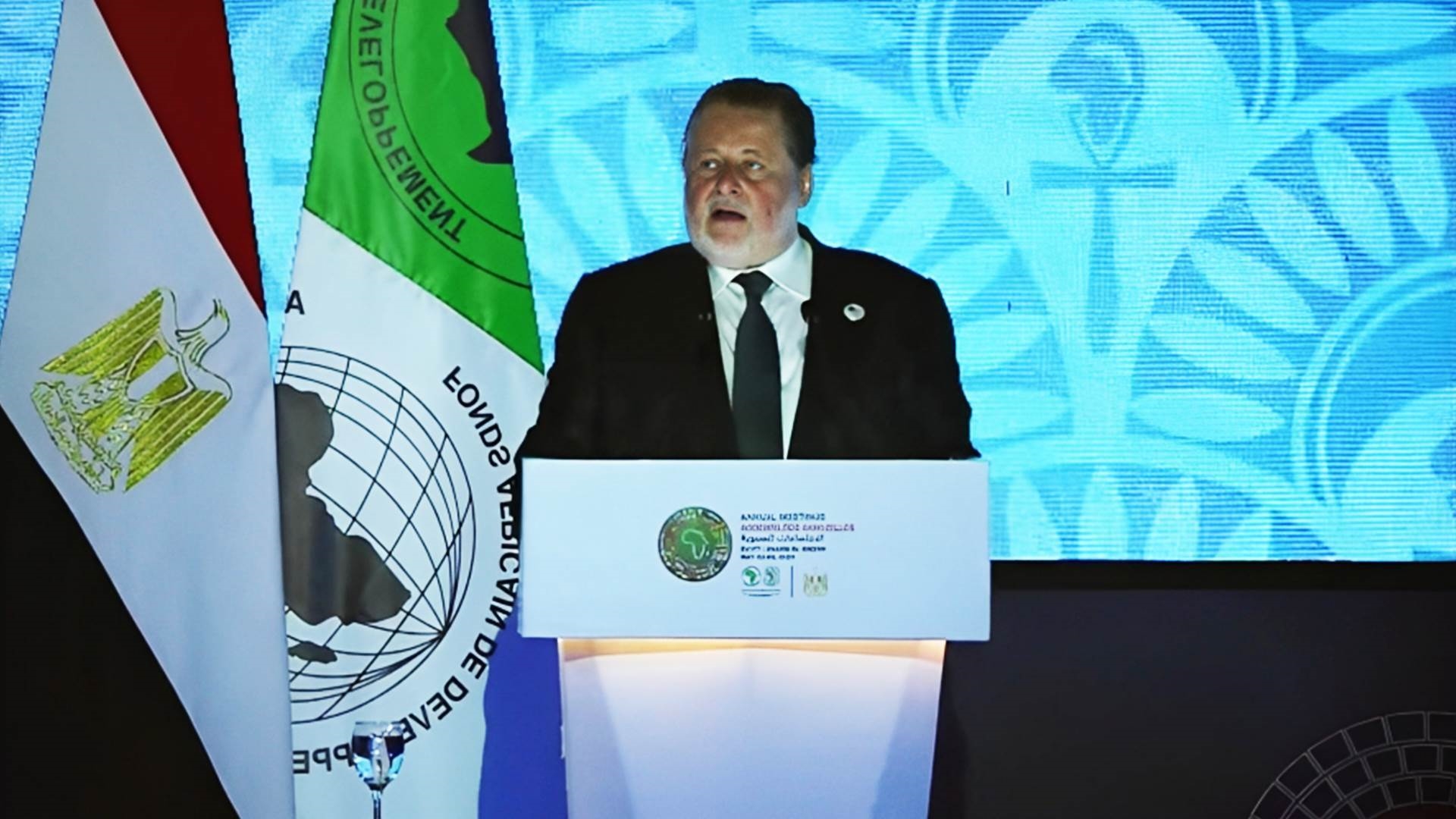
Hassan Abdullah, Governor of the Central Bank of Egypt and Governor of Egypt at the African Development Bank, said that the African was not spared challenges, which led to increasing pressure on the countries, as funding gaps widened with the decline in the volume of international aid and debt burdens turmoil, this limited the ability of the governments to implement its development plans that take into account the environmental dimension to achieve the goal of sustainable economic and social development.
He added: “perhaps you agree with me that development aspirations confirm the importance of the role assigned to regional and international financing institutions concerned with development issues within the continent, led by the African Development Bank Group, which plays a vital role in enhancing the confidence of private sector investors, which assures the need to finding New and innovative financing mechanisms and tools aimed at strengthening the capabilities of African countries in facing these challenges in order to achieve stability and comprehensive economic growth.”
He continued: “For the environmental dimension specifically Africa. Despite Africa's contribution to the lowest rates of emissions in the world, the continent bears great burdens of climate change effects.
UN Environment Program estimates that between 75 million and 250 million people in Africa suffer from water shortage problems as a result of climate change, which threatens to reduce the rate of agricultural production that depends on rainwater by half.
In 2020, the volume of domestic and international financial flows allocated to confronting climate change in Africa reached only $30 bn, which does not exceed 12% of the volume of funding required, which reflects the size of the funding gap faced by the countries of Africa in this field.
It is necessary to encourage the private sector to direct more of its investments to Eco friendly project, to shift from investments based on debt instruments to actual investments in capital, and to strengthen partnership between the public and private sectors.”
It is worth noting that Egypt started its activities at the conference as the host country, entitled “Mobilizing Blended Finance to Facilitate Green Transformation in Emerging Economies” moderated by Aliou Maiga, Regional Director of the Financial Institutions Group in Africa at IFC.
Moreover, The conference will discuss a number of important topics and files, led by the high-level presidential dialogue on changing global financial structures and the role of multilateral banks.
The meetings will also witness the issuance of African Economic Outlook 2023 report on mobilizing private sector financing for climate and green growth in Africa, in addition to wide discussion sessions in the presence of leaders and officials from Egypt and African countries on benefiting from innovative financing tools to mobilize private climate investments in Africa.
The meetings witness key measures to achieve comprehensive growth and sustainable development in the continent, and the role of financial technology in launching sustainable and green finance.


